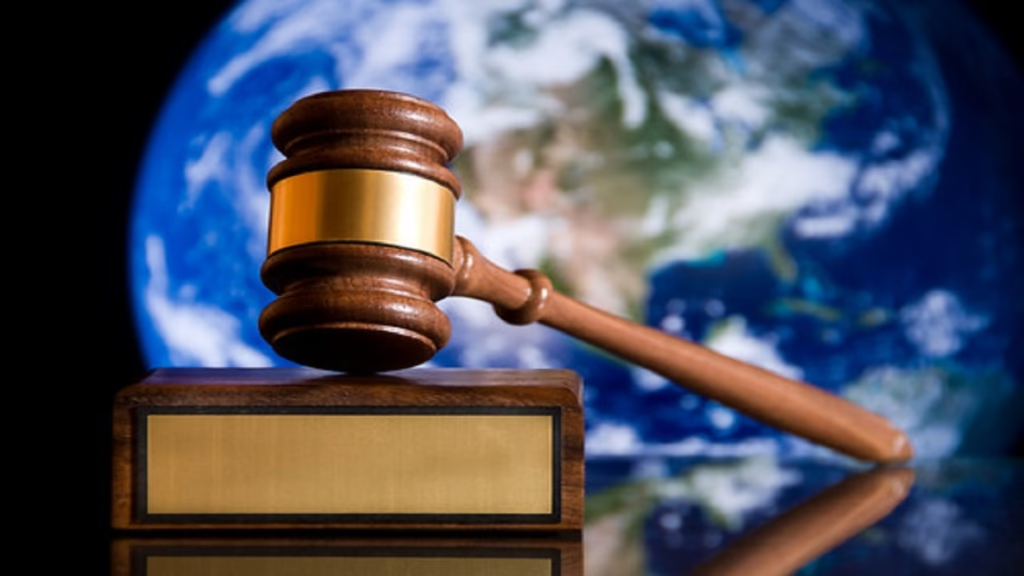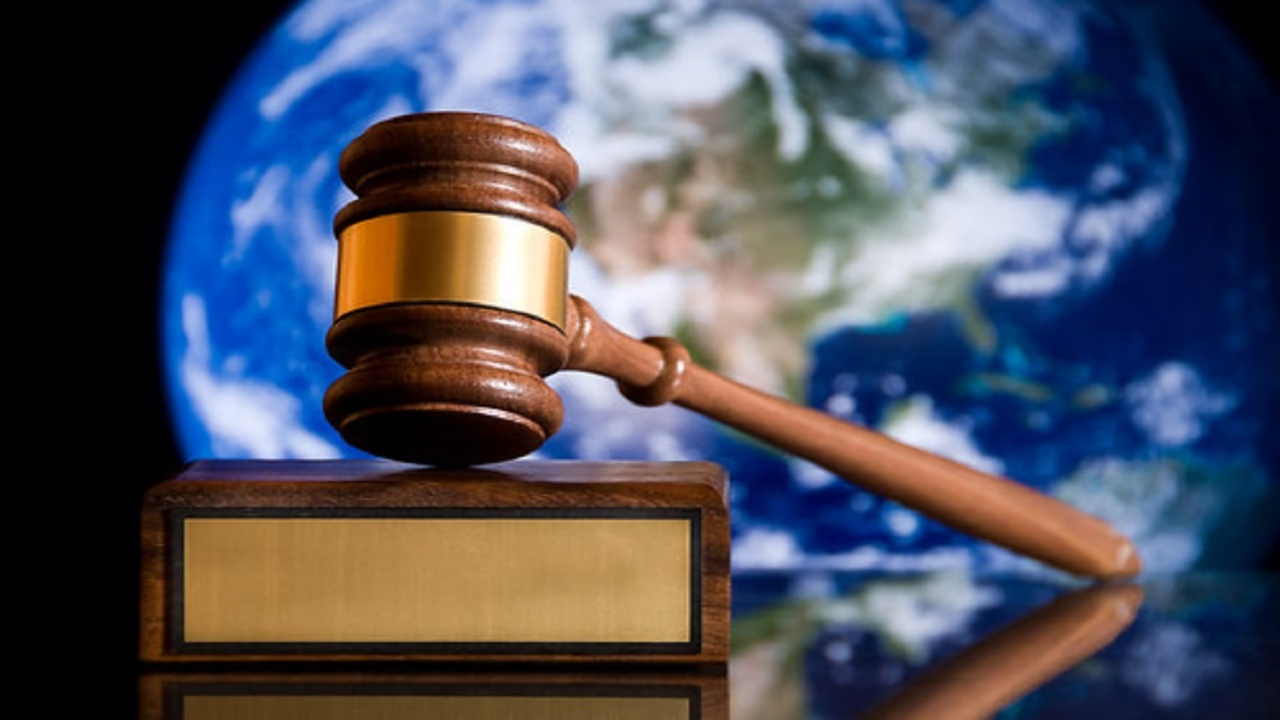
On Tuesday, a federal court saw Elon Musk’s legal team arguing against OpenAI, the creators of ChatGPT. Musk is seeking a court order to prevent OpenAI from shifting from its non-profit status to a for-profit company.
While Judge Yvonne Gonzalez Rogers expressed skepticism about Musk’s claim of irreversible harm if OpenAI proceeds with its transition, she acknowledged the possibility of his concerns being valid. The judge also raised questions about OpenAI’s relationship with Microsoft and indicated that the case could go to trial as early as next year.
Musk, an early investor in OpenAI, initiated the lawsuit last year, alleging that the company had abandoned its initial mission as a non-profit research lab dedicated to public benefit. He has invested a significant amount of money in the company, approximately $45 million, and his own AI company, xAI, is also involved in the lawsuit.
The lawsuit also targets Microsoft, OpenAI’s close business partner, and Reid Hoffman, a tech entrepreneur and former OpenAI board member who also serves on Microsoft’s board. Judge Gonzalez Rogers expressed concerns about the presence of individuals connected to Microsoft on OpenAI’s board.
The judge, who has overseen several tech industry cases, emphasized the high bar for granting the type of injunction Musk seeks. She also noted “significant concerns” about the roles of Hoffman and Microsoft executive Deanna Templeton on OpenAI’s board.
The hearing, initially scheduled for January, was delayed due to a wildfire incident affecting Musk’s attorney. Musk, who was not present at the hearing, claims that OpenAI is breaching the terms of his initial contributions. The judge questioned the extent of “irreparable harm” to Musk and the lack of a written contract for his substantial investment.
OpenAI argues that Musk’s requested court order would severely hinder its operations and mission, ultimately benefiting Musk and his own AI company. They contend that the lawsuit is based on implausible legal claims.
The core of the dispute lies in a 2017 internal conflict at OpenAI, which resulted in Sam Altman becoming CEO. Musk had also sought the CEO position but faced resistance due to concerns about his potential control.
OpenAI maintains that its transition to a for-profit model is essential for securing resources for AI research. Musk’s challenge to this transition is not unique; Meta Platforms has also called for it to be blocked. The timing of a potential trial remains uncertain.

